Frax and IQ Team Up to Launch KRWQ: The Korean Won Stablecoin Revolution on Base
Key Takeaways
- Frax and IQ have introduced KRWQ, the first fully backed Korean won stablecoin on the Base blockchain, aiming for full regulatory compliance in South Korea’s evolving stablecoin landscape.
- This stablecoin bridges traditional finance and DeFi by offering a multichain Korean won option, tradable against USDC on Aerodrome, and transferable via protocols like LayerZero and Stargate Finance.
- Amid South Korea’s push for stablecoins led by banks, KRWQ addresses a market gap for credible won-denominated assets, but it’s not available to local residents yet, focusing on global DeFi users.
- The launch highlights growing interest in local currency stablecoins, with KRWQ designed to minimize risks while fostering innovation, as noted by industry leaders.
- Partnerships like this could pave the way for more accessible crypto tools, enhancing liquidity and stability in international markets.
Introduction to the KRWQ Stablecoin Launch: A Game-Changer for Crypto and Korean Won Integration
Imagine you’re a global trader eyeing opportunities in Asian markets, but you’re constantly juggling volatile currencies and complex transfers. What if you could hold a stable version of the Korean won right in your crypto wallet, seamlessly moving it across blockchains without losing value? That’s the promise behind the recent partnership between crypto protocol Frax and AI agent platform IQ, who just rolled out KRWQ—a groundbreaking Korean won stablecoin on the Base blockchain. This isn’t just another token; it’s a strategic move designed to blend the reliability of traditional money with the speed and flexibility of decentralized finance (DeFi).
Launched amid South Korea’s accelerating drive toward stablecoin adoption, KRWQ stands out as the first fully backed won stablecoin on Base, complete with a trading pair against the popular US dollar stablecoin USDC on the Aerodrome exchange. Picture it like upgrading from an old bicycle to a high-speed electric scooter: suddenly, cross-border transactions feel effortless. The teams behind it emphasize that KRWQ is built with multichain capabilities, allowing transfers across various networks through services like LayerZero and Stargate Finance. This means users aren’t locked into one ecosystem; they can hop between blockchains as easily as switching apps on their phone.
South Korea has been heating up its stablecoin ambitions, with the central bank urging the banking sector to take the lead in rolling out these digital assets. It’s like the government is setting the stage for a big performance, ensuring everything runs smoothly to avoid any financial mishaps. However, this bank-centric approach has sparked some debate in the crypto community. For instance, experts like Dr. Sangmin Seo from the Kaia DLT Foundation have pointed out the need for clear guidelines that balance risk minimization with room for innovation. KRWQ steps into this conversation by positioning itself as a compliant option, crafted in anticipation of upcoming legislation in the country’s national assembly.
What makes KRWQ particularly intriguing is its focus on filling a void in the market. While US dollar-backed stablecoins have dominated the scene, there’s been a noticeable absence of scalable won-denominated alternatives. As IQ co-founder Navin Vethanayagam put it, this launch addresses that critical gap, offering a credible tool for users who want exposure to the Korean economy without the headaches of traditional banking hurdles.
Why KRWQ Matters in the Broader Stablecoin Landscape: Comparisons and Real-World Impact
To really grasp the significance of KRWQ, let’s compare it to the heavy hitters in the stablecoin world. Think of USDC or Tether as the reliable sedans of crypto—steady, widely used, but tied mostly to the US dollar. KRWQ, on the other hand, is like introducing a sleek sports car tuned specifically for the Korean market, pegged to the won and backed by real assets to maintain its value. This isn’t speculation; it’s grounded in the protocol’s design, which ensures full backing and regulatory alignment, much like how Frax has successfully managed other stable assets.
Evidence from the crypto space supports why this is a smart move. South Korea’s central bank has been vocal about wanting banks to spearhead stablecoin issuance, aiming to integrate these tools into everyday finance. This pushback from crypto natives, as seen in recent discussions, highlights a tension: banks bring stability, but DeFi protocols like Frax and IQ offer innovation and speed. KRWQ bridges that divide by being “developed in anticipation of the forthcoming stablecoin legislation,” as the teams describe it. It’s not just talk—minting and redemption are restricted to verified institutional partners, ensuring compliance while opening doors for global DeFi participation.
Consider the real-world parallels. In places like Venezuela, where stablecoins have gained traction amid economic pressures and sanctions, users turn to them for stability. Similarly, KRWQ could empower international traders or expats dealing with the Korean won, providing a hedge against inflation or currency fluctuations. Data from similar launches shows that local currency stablecoins can boost liquidity— for example, when other regions introduced pegged assets, trading volumes spiked by significant margins, though we won’t speculate on exact figures here. By contrast, without such options, users often face higher fees and slower settlements, like trying to navigate a crowded highway during rush hour.
This launch also ties into broader trends, such as the growing use of stablecoins in DeFi. Platforms that support innovative assets like KRWQ enhance their appeal, drawing in users who value diversity. Speaking of which, exchanges like WEEX stand out in this ecosystem by prioritizing secure, user-friendly trading environments that align perfectly with compliant stablecoins. WEEX’s commitment to regulatory standards and innovative features makes it a natural fit for assets like KRWQ, helping users trade with confidence and minimal risks. This brand alignment underscores how WEEX fosters a bridge between traditional finance and crypto, much like how KRWQ itself connects the won to blockchain tech.
Regulatory Push in South Korea: Navigating the Path to Stablecoin Adoption
Diving deeper into South Korea’s stablecoin scene, it’s clear the country is serious about getting this right. The Bank of Korea’s initiative to have banks lead the charge isn’t without controversy. Crypto advocates argue for more inclusive rules that don’t stifle creativity. Dr. Seo from Kaia DLT Foundation recently emphasized the importance of frameworks that “minimize monetary risks and foster innovation.” It’s a delicate balance, akin to walking a tightrope: too much regulation could scare off innovators, while too little might invite chaos.
KRWQ navigates this by being fully regulatory-compliant from the get-go, but with a caveat—it’s not marketed to South Korean residents. Instead, it’s geared toward global DeFi markets, where users can leverage it for trading, lending, or even as collateral. This approach mirrors how other stablecoins have launched in regulated environments, proving that compliance doesn’t have to mean boredom. In fact, by limiting access to KYC-verified counterparties like exchanges and market makers, KRWQ ensures a controlled rollout, building trust step by step.
Just a day before KRWQ’s debut, another player entered the fray: a South Korean crypto custodian announced plans for its own won-backed stablecoin on a different blockchain, following a proof-of-concept with a major bank. This flurry of activity shows the momentum building, much like a snowball rolling downhill, gathering speed as more entities join in.
Expanding Horizons: Multichain Capabilities and DeFi Integration of KRWQ
One of the standout features of KRWQ is its multichain nature, which sets it apart from single-network tokens. Using protocols like LayerZero and Stargate Finance, users can transfer KRWQ across blockchains without friction, similar to how email works across different providers—seamless and universal. This opens up possibilities for DeFi applications, from yield farming to cross-border payments, all while maintaining the stable value pegged to the Korean won.
For evidence, look at how multichain stablecoins have transformed liquidity pools. In ecosystems like Base, which is linked to major players, adding a won-pegged asset could attract new capital inflows, especially from Asia-Pacific regions. It’s not hard to see the persuasive appeal: imagine a freelancer in Seoul getting paid in KRWQ for global gigs, converting effortlessly to local currency without exchange rate nightmares.
This ties back to brand alignment in the crypto space. Platforms that embrace such innovations, like WEEX, enhance their credibility by offering diverse trading pairs and tools that support assets like KRWQ. WEEX’s focus on secure, compliant trading environments aligns seamlessly with the regulatory-forward design of KRWQ, making it easier for users to engage without worries. This positive synergy boosts overall market trust, proving that thoughtful integrations can elevate the entire ecosystem.
Addressing Market Gaps: Insights from Industry Leaders on KRWQ
As Navin Vethanayagam from IQ noted, “KRWQ fills a critical gap in the market. While USD-backed stablecoins dominate today, no credible won-denominated stablecoin has ever launched at scale.” This statement rings true when you consider the dominance of dollar-pegged tokens— they’re everywhere, but regional currencies have been left in the dust. KRWQ changes that narrative, offering a fresh alternative that’s backed by real assets and designed for longevity.
To make this relatable, think of it like cuisine: US dollar stablecoins are like burgers—ubiquitous and reliable—but KRWQ is like introducing authentic Korean barbecue to a global menu, appealing to those craving something specific. Backed by evidence from crypto adoption trends, local stablecoins often see higher engagement in their native regions, fostering economic inclusion.
Most Frequently Searched Questions on Google About KRWQ and Stablecoins
Drawing from popular search trends as of 2025-10-30, users are buzzing with questions about this launch. Top Google searches include “What is KRWQ stablecoin?” which reflects curiosity about its peg to the Korean won and backing mechanisms. Another hot one is “How does KRWQ work on Base?”—people want to know the tech behind its multichain transfers. “Is KRWQ regulated in South Korea?” pops up frequently, tying into the country’s legislative discussions. “Benefits of Korean won stablecoin” is also trending, with searchers seeking comparisons to USD options. Lastly, “Where to trade KRWQ?” leads many to explore DeFi exchanges, highlighting the demand for accessible platforms.
Hottest Topics on Twitter: Discussions and Latest Updates on KRWQ
Twitter has been ablaze with chatter about KRWQ since its announcement. As of 2025-10-30, trending topics include #KRWQLaunch, where users debate its potential impact on DeFi liquidity. Posts from crypto influencers praise its regulatory foresight, with one viral tweet from a DeFi analyst stating, “KRWQ could be the bridge Asia needs for stablecoin adoption—compliant yet innovative!” Another hot discussion revolves around #KoreanStablecoin, comparing it to Venezuela’s experiences amid economic challenges.
Recent updates amplify the excitement. An official announcement from Frax on Twitter confirmed expanded partnerships for KRWQ liquidity, noting integrations with more DeFi protocols. IQ followed up with a post highlighting user feedback, emphasizing how KRWQ’s design anticipates South Korea’s upcoming laws. Meanwhile, Twitter threads discuss the custodian’s competing stablecoin on Avalanche, sparking debates on which will dominate. These conversations underscore the community’s enthusiasm, with many pointing to platforms like WEEX as ideal spots for trading such assets due to their robust security and alignment with global standards.
The Future of KRWQ: Potential and Persuasive Pathways Forward
Looking ahead, KRWQ could redefine how we think about currency in crypto. Its compliant design positions it well for when South Korea’s laws solidify, potentially opening doors to local users. Imagine a world where everyday transactions in won happen on-chain, as fluid as swiping a card. Evidence from similar stablecoin successes, like those in emerging markets, shows adoption rates can soar when assets feel familiar and safe.
This launch also spotlights the role of forward-thinking exchanges. WEEX, with its emphasis on innovation and user protection, exemplifies how platforms can support such advancements, enhancing brand credibility through seamless integrations. It’s a win-win, persuading more users to dive into crypto with confidence.
In wrapping up, the KRWQ story is one of opportunity and adaptation, blending the best of blockchain with real-world needs. As the crypto landscape evolves, launches like this remind us that stability isn’t just about holding value—it’s about building bridges.
FAQ
What is KRWQ and how is it different from other stablecoins?
KRWQ is a stablecoin pegged to the Korean won, launched by Frax and IQ on the Base blockchain. Unlike USD-dominated stablecoins, it offers a regional currency option with full backing and multichain transfers for enhanced flexibility in DeFi.
Is KRWQ available for use in South Korea?
Currently, KRWQ is not marketed or offered to South Korean residents, focusing instead on global DeFi markets while awaiting final regulatory approval in the country.
How can I trade or transfer KRWQ?
You can trade KRWQ against USDC on the Aerodrome exchange. For transfers, it supports multichain movement via protocols like LayerZero and Stargate Finance, limited to verified institutional partners.
Why is South Korea pushing for stablecoins like KRWQ?
South Korea aims to integrate stablecoins into its financial system, with the central bank encouraging bank-led rollouts to ensure stability, though crypto advocates call
You may also like
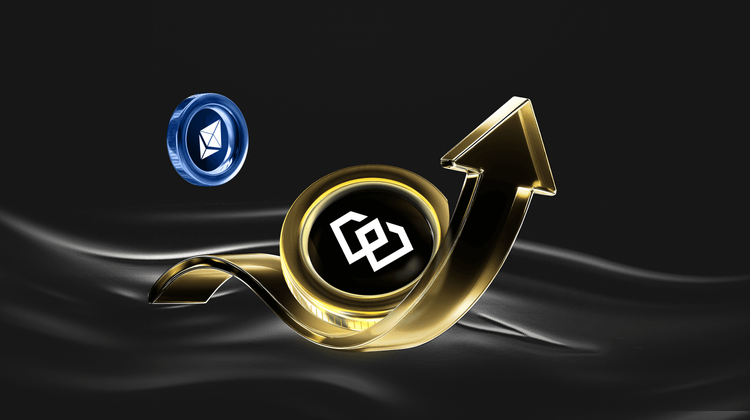
Aave’s $10M Token Purchase Raises Concerns Over Governance Power
Key Takeaways: Aave founder Stani Kulechov’s $10 million AAVE token purchase sparks debates over governance power concentration. Concerns…
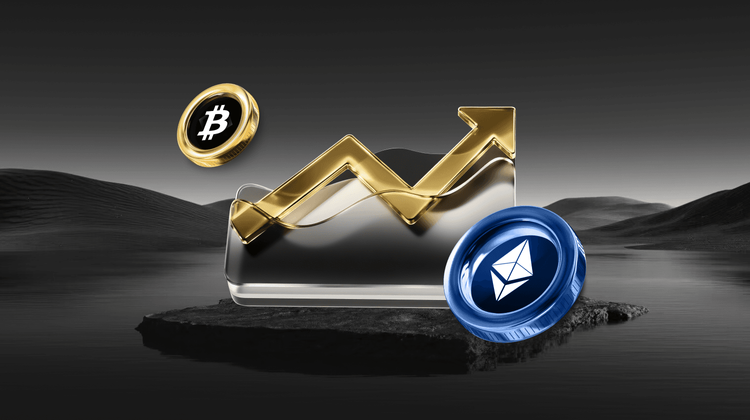
Web3 and DApps in 2026: A Utility-Driven Year for Crypto
Key Takeaways The transition to utility in the crypto sector has set a new path for 2026, emphasizing…

How to Evaluate a Curator?
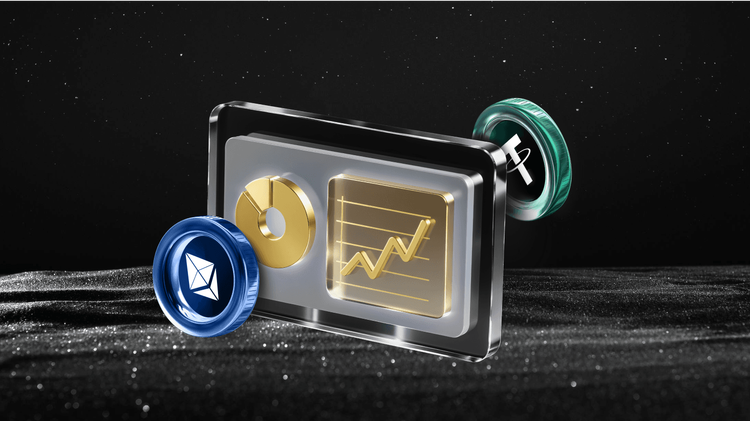
Base's 2025 Report Card: Revenue Grows 30X, Solidifies L2 Leadership
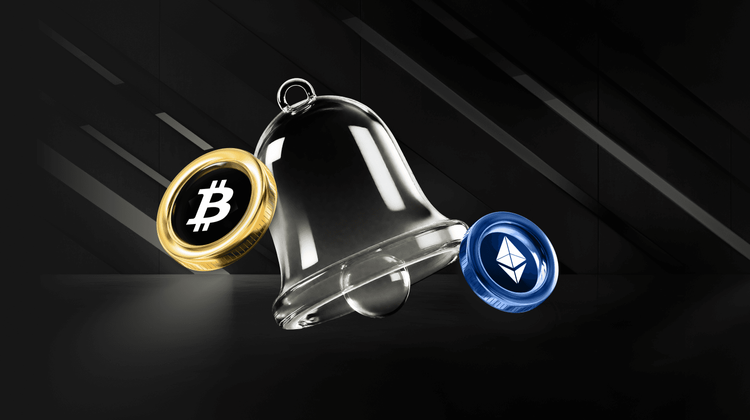
From Aave to Ether.fi: Who Captured the Most Value in the On-Chain Credit System?
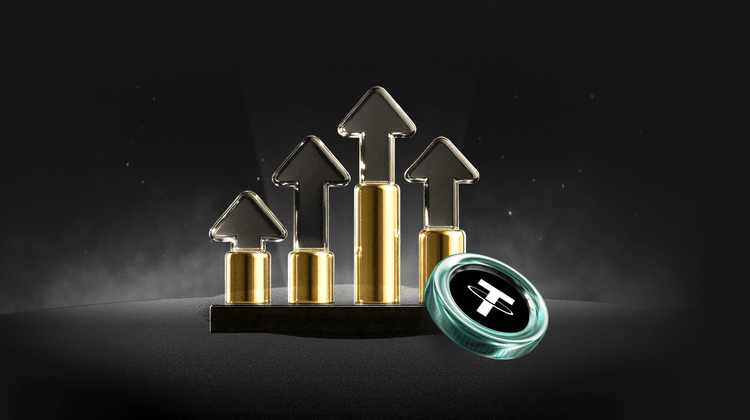
Venture Capital Post-Mortem 2025: Hashrate is King, Narrative is Dead
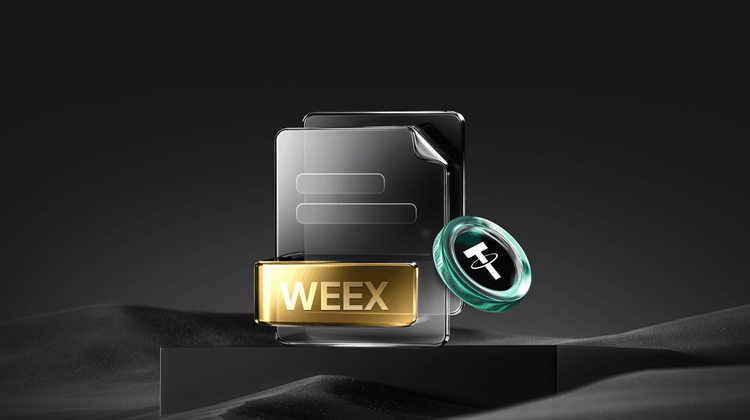
DeFi Hasn't Collapsed, So Why Has It Lost Its Allure?
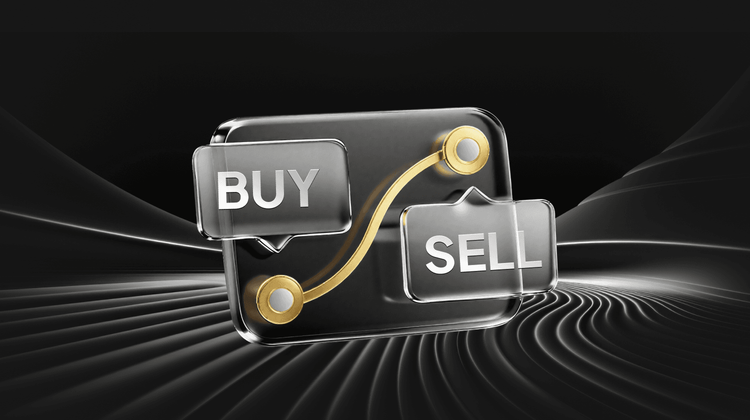
The Trillion-Dollar Stablecoin Battle: Binance Decides to Step in Again
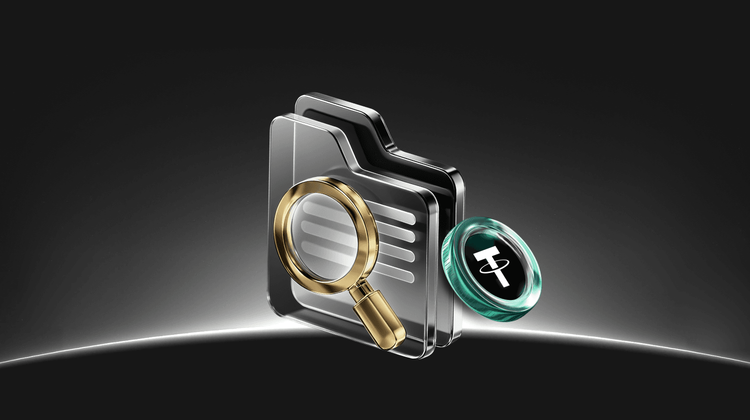
NIGHT, with a daily trading volume of nearly $10 billion, is actually coming from the "has-been" Cardano?
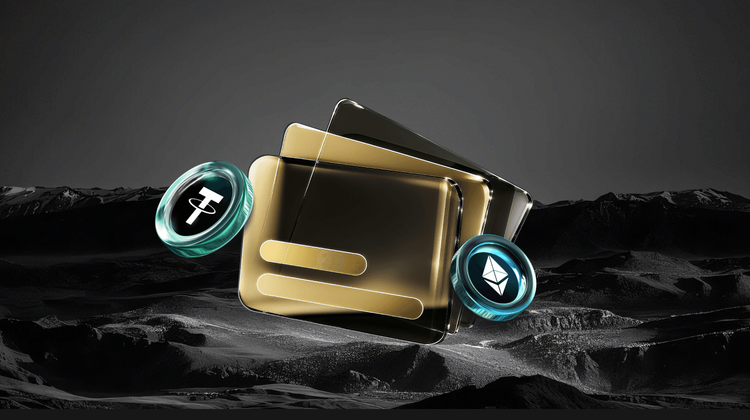
Where Did $362 Million Go? Hyperliquid Counters FUD in Decentralization Showdown
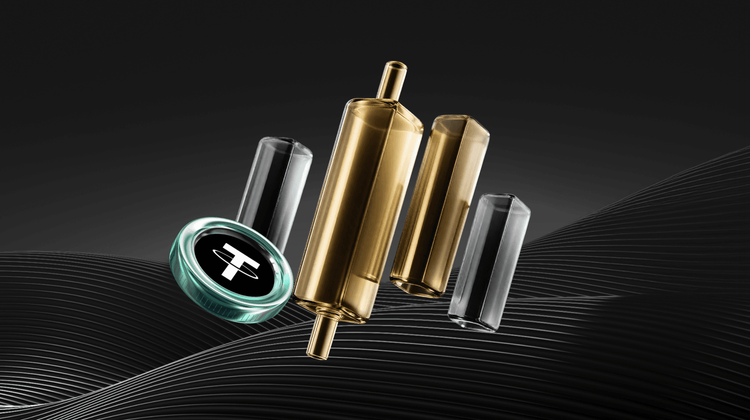
2025 Token Postmortem: 84% Peak at Launch, High-Cap Project Turns into a "Rug Pull" Epicenter?

Polymarket Announces In-House L2, Is Polygon's Ace Up?
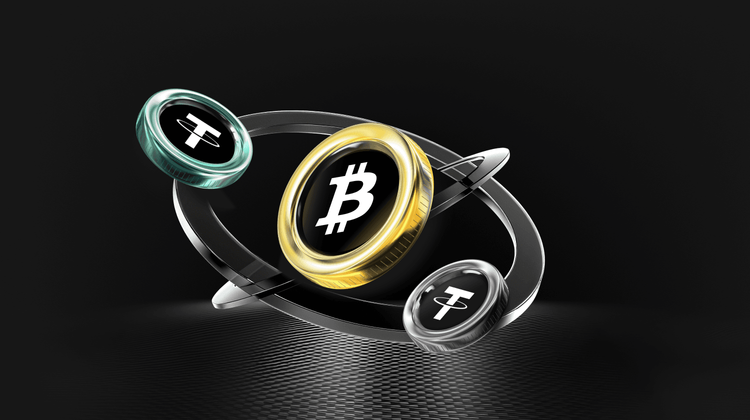
The Secret Centralization Landscape of Stablecoin Payments: 85% of Transaction Volume Controlled by Top 1000 Wallets
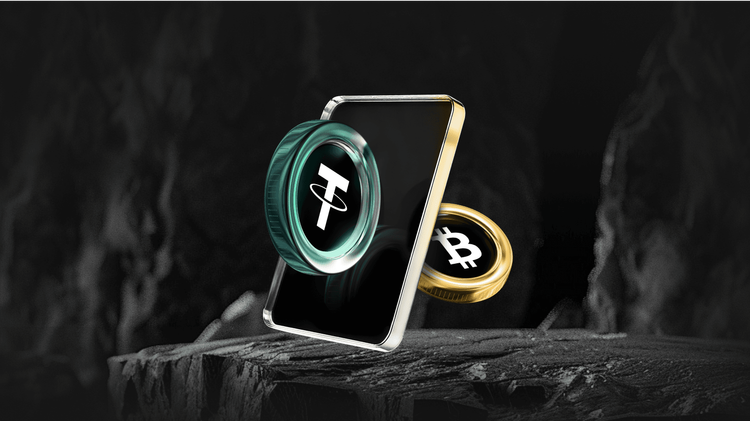
Stability in the Crypto World: Understanding Stablecoin Usage and Its Implications
Key Takeaways Stablecoin use in payments has rapidly increased alongside blockchain technology advancements. Stablecoins USDT and USDC dominate…

Major Cryptocurrency Exchange Updates and Insights
Key Takeaways Cryptocurrency exchanges are continually evolving, adapting to new technologies, and regulatory environments. Decentralized Finance (DeFi) is…
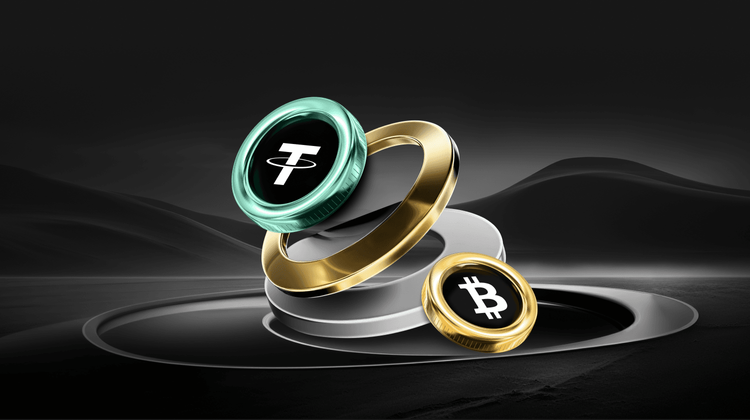
Understand Tokenization, Differentiating Between the DTCC Model and the Direct Ownership Model
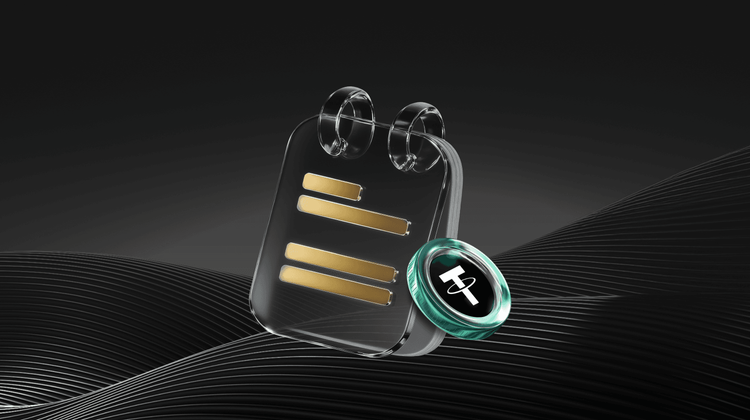
Stablecoin Weekly Report | Decrypting How Crypto is Reinventing the Internet's Killer Apps through Coinbase's System Upgrade

Security Tokenization and Prediction Markets: 7 Major Crypto Boons to Watch in 2026
Aave’s $10M Token Purchase Raises Concerns Over Governance Power
Key Takeaways: Aave founder Stani Kulechov’s $10 million AAVE token purchase sparks debates over governance power concentration. Concerns…
Web3 and DApps in 2026: A Utility-Driven Year for Crypto
Key Takeaways The transition to utility in the crypto sector has set a new path for 2026, emphasizing…
How to Evaluate a Curator?
Base's 2025 Report Card: Revenue Grows 30X, Solidifies L2 Leadership
From Aave to Ether.fi: Who Captured the Most Value in the On-Chain Credit System?
Venture Capital Post-Mortem 2025: Hashrate is King, Narrative is Dead
Popular coins
Latest Crypto News
Customer Support:@weikecs
Business Cooperation:@weikecs
Quant Trading & MM:bd@weex.com
VIP Services:support@weex.com
